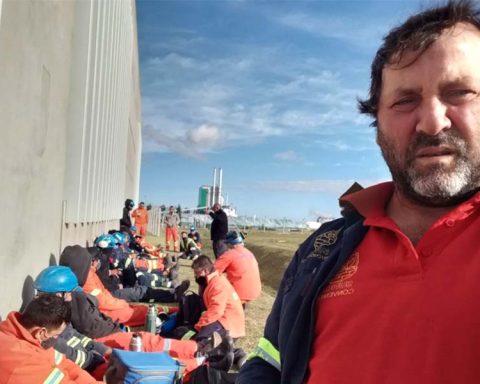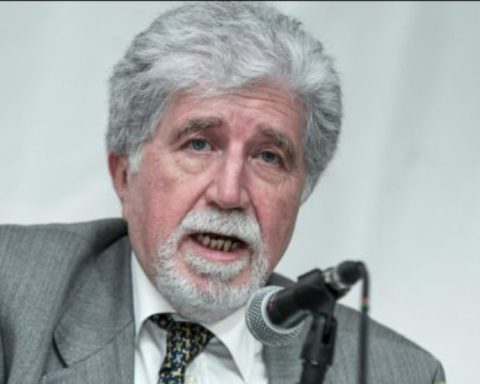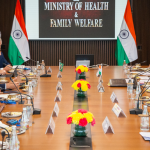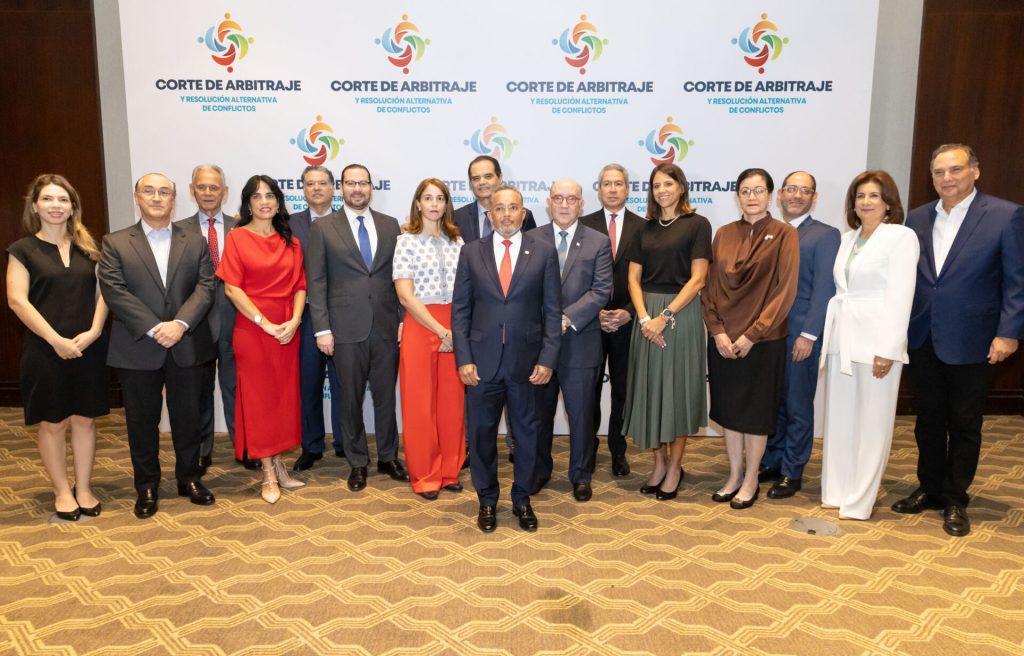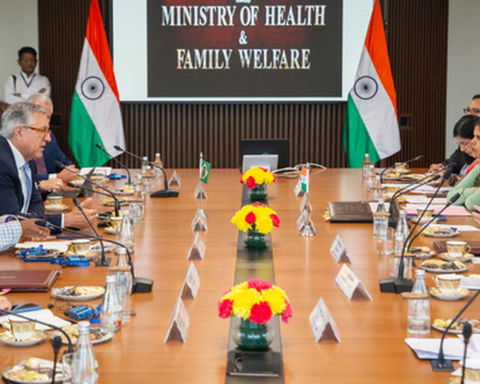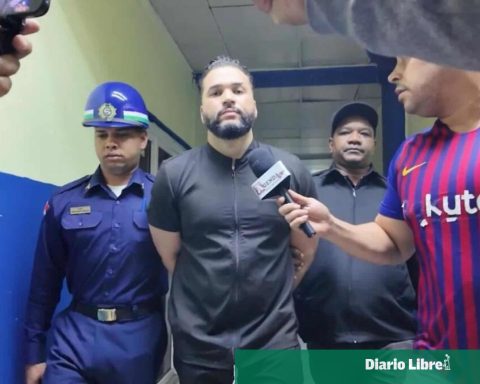Schenck began by posing two key questions: “whether people believe there are links between drug trafficking and the political system in Uruguay” and “where would they place the level of corruption in the Uruguayan government?”
According to the data presented, a large majority of the population believes that there are connections between the political system and drug trafficking. “The response to the question of no is very marginal,” said Schenck, highlighting that this perception was even lower in November, coinciding with the high media visibility of the Marcet case. In both surveys, 8 out of 10 people said that there is some kind of link between the two sectors.
The specific results show that in July 2022, 81% of respondents perceived this connection, while in November the percentage grew to 84%. Schenck highlighted the consistency in the responses over time: “these opinions predominate that there are these links between the political system and drug trafficking.” In addition, a low percentage, around 10%, remained in both measurements compared to those who did not know or did not want to answer the question.
“There is slight variation, but in both cases these opinions predominate,” Schenck emphasized, noting that the issue remains a widespread concern for Uruguayan citizens, with a majority perception that links drug trafficking with national politics.




